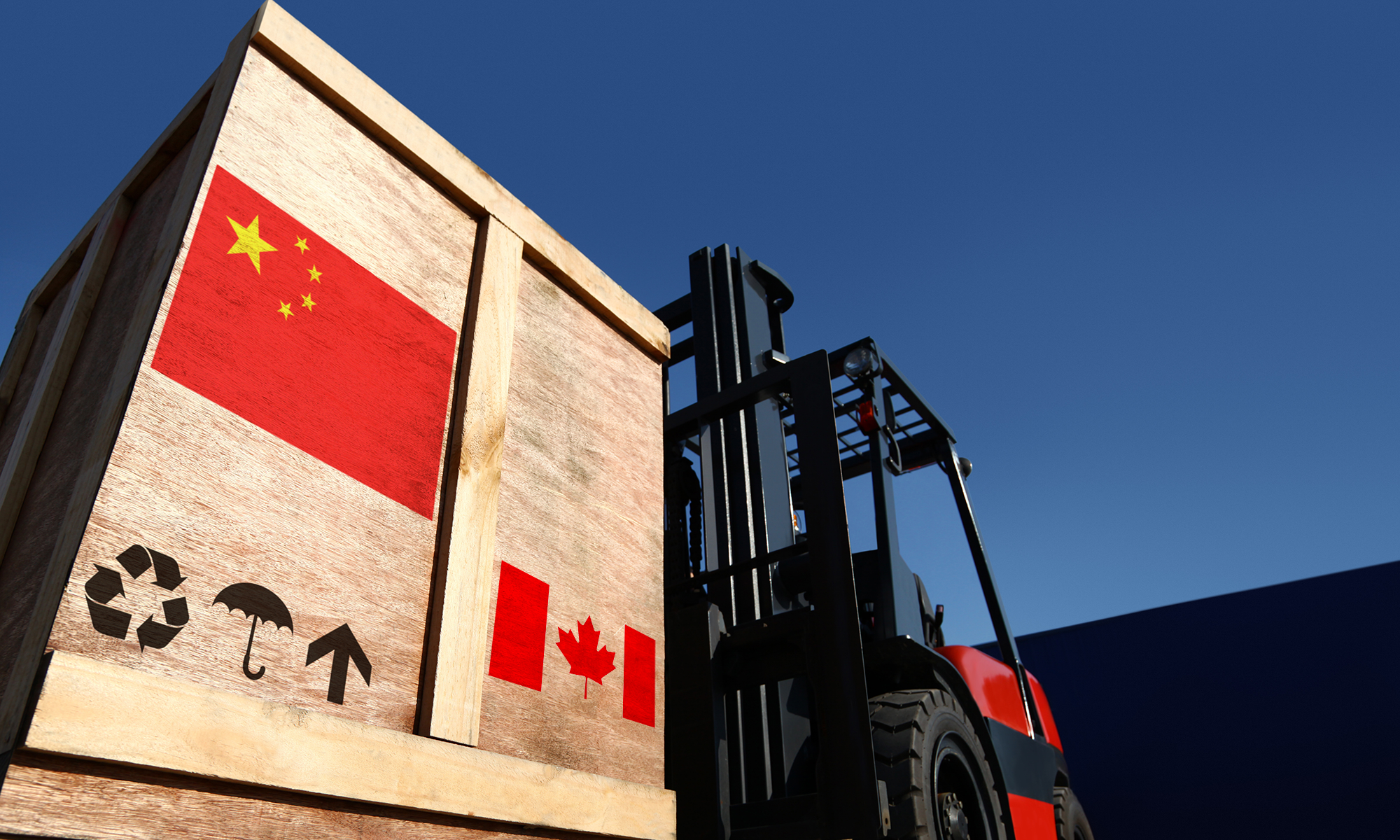
Diversification not Dependence: A Made-in-Canada China Strategy
The Public Policy Forum’s made-in-Canada strategy would allow Canada deeper engagement with the world’s fastest-growing economy while maintaining its sovereignty and values. Notably, PPF’s central proposal — sectoral trade agreements — is not expected to run counter to the proposed United States-Mexico-Canada Agreement, which would appear to restrict Canada’s ability to pursue a comprehensive free-trade deal with a country like China.
This report is a product of PPF’s 18-month Consultative Forum on China, which drew on the experience, knowledge and participation of dozens of business leaders, academics, senior government leaders, NGOs and other experts. It was chaired by PPF President and CEO Edward Greenspon and Kevin Lynch, Vice-Chairman of BMO Financial Group and former Clerk of the Privy Council.
Canada cannot expect to thrive without engaging China, the world’s second-largest economy and leader of global growth. It has a fast-growing middle class that wants what Canada has to offer, such as safe, high-quality food. China’s desire for better security of supply can be met by Canada’s desire for greater stability of demand for its exports.
“Without a diversification plan that includes China, Canada will stifle its growth and its influence in the world and perpetuate the very dependence that has left us so breathtakingly bereft of bargaining power.”
Edward Greenspon, co-chair of the Public Policy Forum’s Consultative Forum on China.
The report recommends a strategy of increasing engagement, starting with agreements in less-controversial sectors that don’t involve technology transfers and security concerns, such as agri-food (including fisheries), forestry, natural resources, insurance and wealth management, cleantech, life sciences, engineering services, tourism, education and research. Each agreement would build knowledge, trust and confidence between the two nations and address non-tariff barriers to trade. At the same time, Canada should reach out to China to cooperate on global issues of shared interest, such as climate change.
Canada needs a strategy that shows that it is committed to this relationship for the long term and that it is finally ready to engage with its Pacific neighbour as much as It does with its Atlantic and American ones. In order to reach its export potential, Canada needs to upskill leaders and citizens from all walks of life on China and support businesses to develop China trade competencies
Key to this made-in-Canada strategy is protecting national security and encouraging China to abide by its international human rights commitments, which Canadians expect as much as they look forward to greater prosperity through trade with China.








